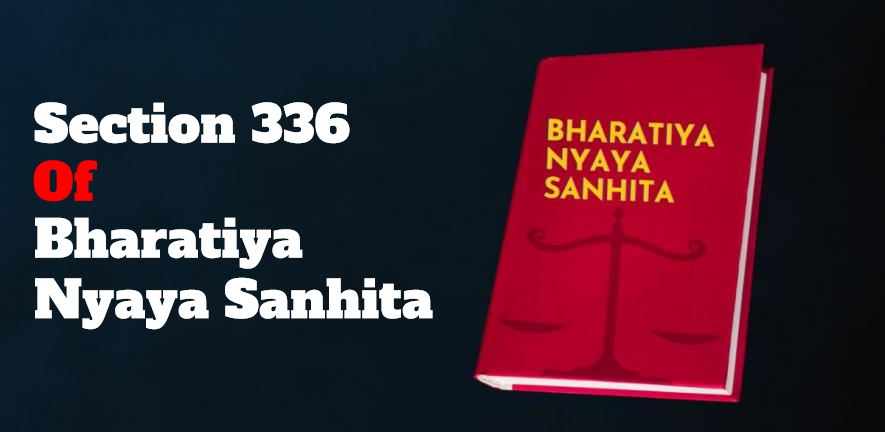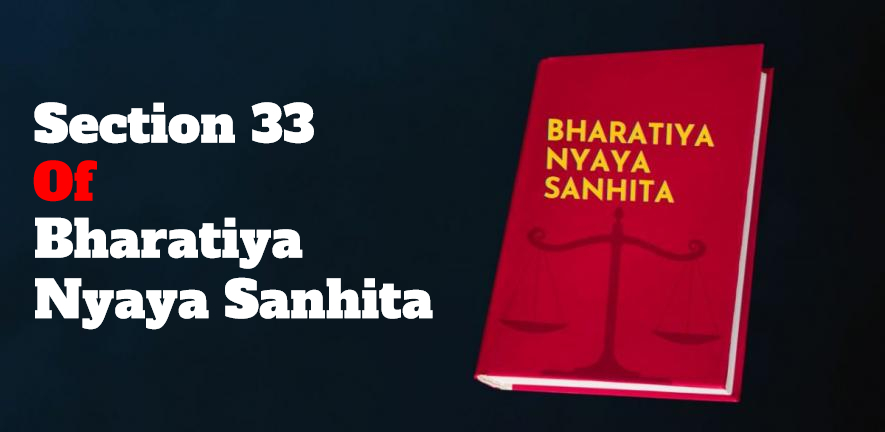Section 336 BNS
Section 336 of the Bharatiya Nyaya Sanhita (BNS), 2023, addresses acts that endanger human life or personal safety. This section is a new addition to the legal framework, replacing the corresponding provisions of the Indian Penal Code (IPC).
Key Provisions of Section 336 BNS
- Definition of Offense: Section 336 states that any person who performs an act with such recklessness or negligence that it endangers human life or the personal safety of others shall be punished.
- Punishment: The penalties for violating this section can include imprisonment for a term that may extend up to three months, a fine not exceeding 250 rupees, or both.
- Scope of Application: This section applies to various scenarios, including reckless driving, negligent industrial practices, and careless handling of hazardous materials, all of which pose risks to others’ safety.
- Comparison with IPC: The BNS introduces a more structured approach to offenses that endanger life compared to the IPC, where similar provisions were scattered across multiple sections. This consolidation aims to enhance clarity and enforcement of laws related to public safety.
The Bharatiya Nyaya Sanhita, enacted in December 2023, aims to modernize and consolidate criminal laws in India, reflecting contemporary legal standards and societal needs.
How does Section 336 of the Bharatiya Nyaya Sanhita, 2023 differ from the Indian Penal Code, 1860
Section 336 of the Bharatiya Nyaya Sanhita (BNS), 2023, introduces significant changes compared to the corresponding provisions in the Indian Penal Code (IPC), 1860. Here are the main differences:
Key Differences
- Definition and Scope:
- BNS: Section 336 specifically addresses acts that endanger human life or personal safety, emphasizing recklessness or negligence. It provides a clearer framework for understanding such offenses.
- IPC: The IPC has various sections that address similar offenses but lacks a consolidated approach specifically focusing on reckless actions that endanger life, leading to potential ambiguities in interpretation.
- Punishment:
- BNS: The punishment for violating Section 336 includes imprisonment for up to three months, a fine not exceeding 250 rupees, or both. This reflects a more lenient approach compared to some IPC provisions.
- IPC: The IPC often prescribes more severe punishments for similar offenses, which may include longer imprisonment terms.
- Consolidation and Clarity:
- BNS: The BNS aims to consolidate and simplify the legal framework, reducing the number of sections from 511 in the IPC to 358 in the BNS. This consolidation helps in making the law more accessible and understandable.
- IPC: The IPC is more fragmented, with related offenses spread across multiple sections, which can complicate legal proceedings and interpretations.
- Introduction of New Offenses:
- BNS: The BNS introduces new offenses and concepts, such as organized crime and community service as a form of punishment, which are not present in the IPC.
- IPC: The IPC does not include these modern concepts, reflecting a more outdated framework in some respects.
- Focus on Public Safety:
- BNS: There is a stronger emphasis on public safety and the consequences of negligence, aligning with contemporary legal standards and societal expectations.
- IPC: While public safety is a concern, the IPC does not explicitly prioritize it in the same manner as the BNS.
These changes reflect a broader effort to modernize India’s criminal law system, making it more relevant to current societal needs and legal standards while aiming for greater clarity and efficiency in enforcement.

Adv Ashish Sharma has dedicated his career to helping individuals and businesses navigate the intricate legal landscape with confidence. From providing expert advice on current legal issues to offering clear explanations of legal principles, he strives to empower his audience with knowledge and understanding.


